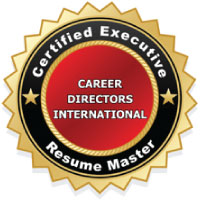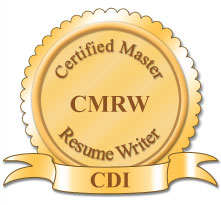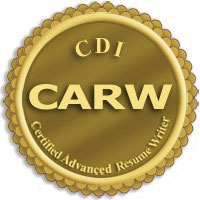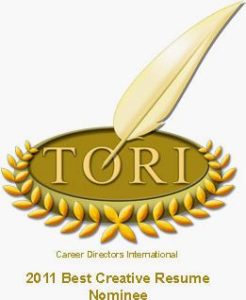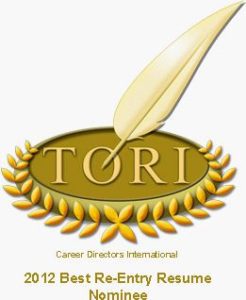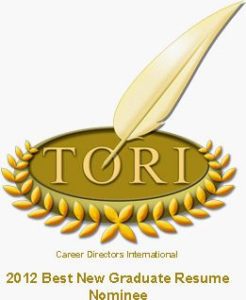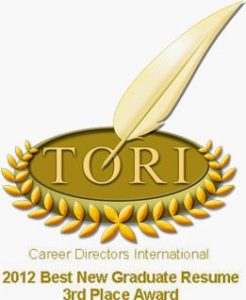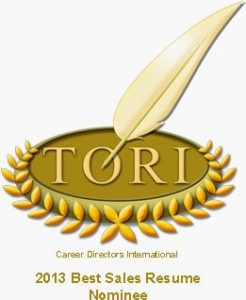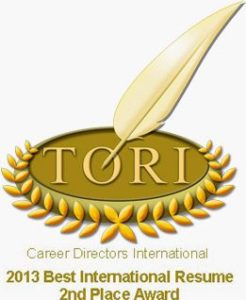Test scores and grades are important, but admissions to business school is about more than getting good numbers. To compete successfully with a large group of high quality applicants, put in the work to assure that your essays are outstanding. After over fourteen years helping applicants with thousands of MBA application essays as an MBA admissions consultant, a dozen important points stand out as key to keep in mind when writing these key essays:
1. Answer what was asked. Surprisingly, most applicants think they answered the question asked but did not. Writing MBA application essays is a new challenge for most applicants, who have no basis on which to gauge their answers. An experienced MBA Admissions Consultant can help ensure you haven’t missed the mark.
2. “I’ll just write a few common essays, and use them for all my applications.”A typical MBA school requires a set of several essays, ranging from one to as many as ten for some European business schools. Top US b-schools typically require four or five essays. Many schools ask questions which have similar elements but are not exactly the same. To be competitive, each essay needs to be carefully answered as it is asked, which means school by school. And if you do use the same essay twice, be careful to change the school name everywhere, since many applicants overlook that–a sure application killer!
3. Stay on track! As you add details about an example, it often becomes harder and harder to follow the line of your thoughts. The school wants to learn about you, not about the situations you’ve been in. Take the readers by the hand and guide them through to keep the focus on your main point, only sharing details that support that point.
5. “I’m way over the word limit but there’s nothing that I can cut out!” Schools evaluate your ability to write concisely. An admissions consultant will help you focus on what’s important and what isn’t so you can stay under the word limit. Don’t give the admissions staff an easy way to choose someone else over you because you ignored the school’s word or page limit instructions!
6. “I changed my career goals for one school because that school is known for finance, whereas the other schools focus on marketing.” It is a huge mistake to completely change your answers based on what you think a school wants to hear. Schools are looking to understand the real you. It is true that certain characteristics are important for all applicants, such as leadership potential and communication skills. But more than anything else, schools are looking to admit diverse classes. If you try to change yourself to be what you think a school wants, you may be surprised to learn that they already had too many who fit that description and that your unique characteristics were exactly what they were looking for.
7. Do not use overly sophisticated language. Many overdo it, trying to impress a school, but it comes out reading stilted. Stay real and conversational.
8. Your essays should show “Leadership, leadership, leadership.” The number one quality to emphasize in your essays is leadership. Tell the admissions committee what your unique flavor of “leader” is. What doyour friends and colleagues say your greatest leadership talents are? Identify these skills as specifically as possible, and support them with examples from your professional (and possibly personal) life.
9. Don’t use examples of your experience prior to college. Schools will think you don’t have anything worth talking about since then, and they don’t want to admit people who did not (and will not) continue to achieve great things!
10. Never ask anyone, including an admissions consultant, to write essays for you. Schools will automatically reject you if it appears that you didn’t write your own essays.
11. Never lie. Even if your personal ethics would allow you to lie in an application, you may be caught at some point, especially with schools now carefully checking out details. Never lie!
12. Never send in any essays with typos, spelling mistakes or grammatical errors. No one is perfect, but sending in essays with typos, misspelled words, or grammatical errors can give an admissions officer an easy way to rule you out.
Do you have more ideas of what makes a great business school application essay? Please share your questions/comments below.
Need guidance in your MBA/EMBA Application process? Maximize your applications with help from The Essay Expert’s MBA Admissions Consulting Services. Or feel free to email me directly at larryessayexpert@gmail.com.
—–
Larry Sochrin

